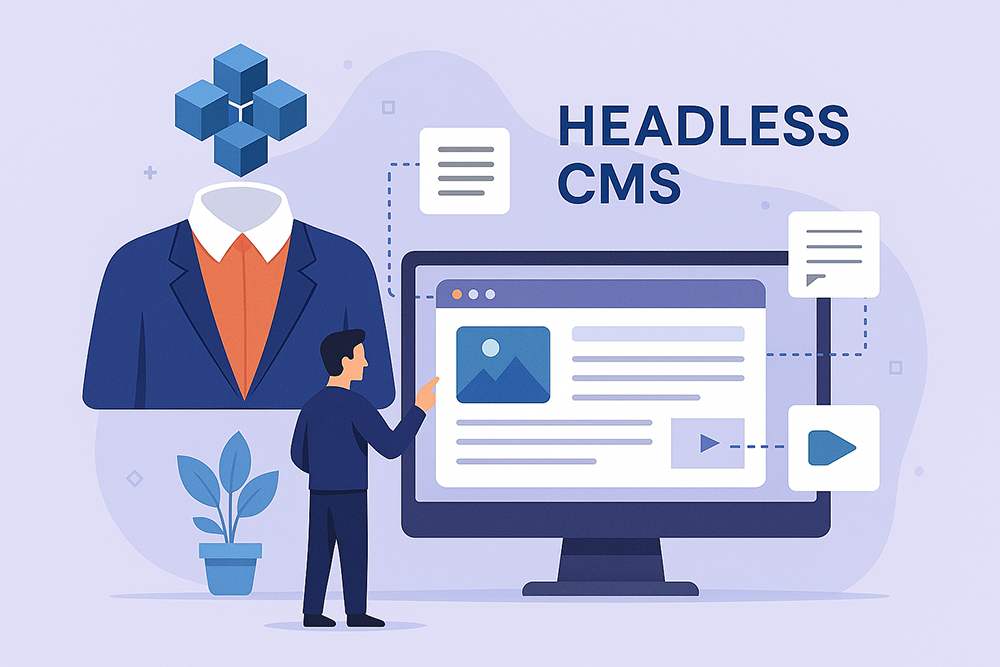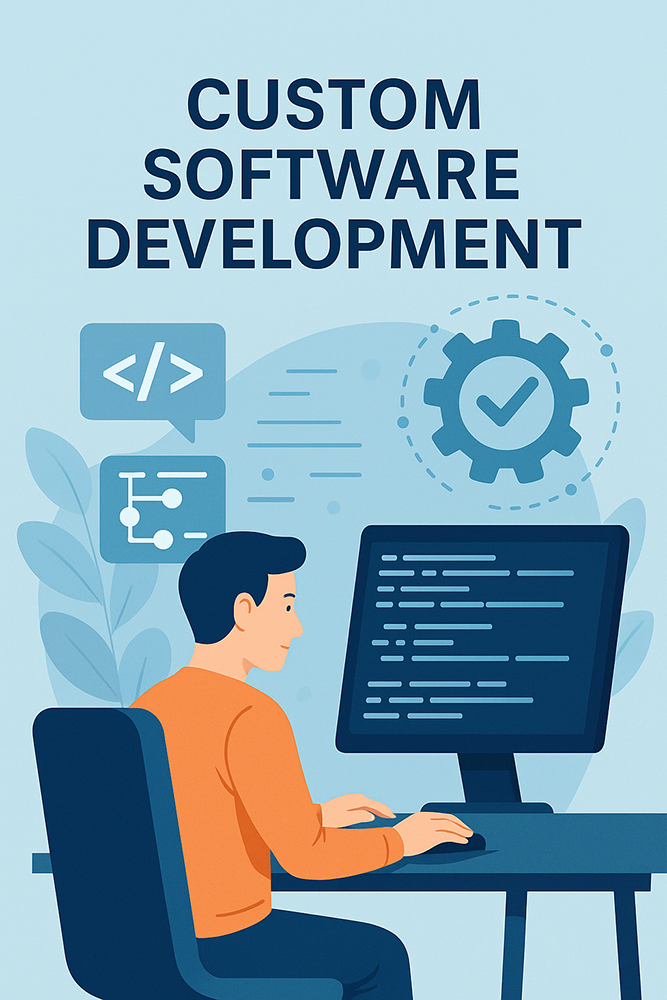In today's competitive business landscape, managing customer relationships effectively is paramount to success. A Customer Relationship Management (CRM) system is a powerful tool that helps businesses organize, track, and nurture interactions with current and potential customers. However, with a plethora of CRM options available, choosing the right one that aligns with your specific business needs and goals can be a daunting task. This practical guide will walk you through the essential steps to make an informed decision.
1. Assess Your Business Needs and Goals
Before you even start looking at CRM software, clearly define what you want to achieve. What are your current pain points in customer management? Are you looking to improve sales processes, enhance customer service, streamline marketing efforts, or all of the above? Consider:
- Sales: Do you need lead tracking, pipeline management, sales forecasting, or automation of sales tasks?
- Marketing: Are you looking for email marketing integration, campaign management, lead nurturing, or analytics?
- Customer Service: Do you need ticket management, knowledge base creation, live chat integration, or customer feedback tools?
- Reporting & Analytics: What kind of insights do you need to make data-driven decisions?
- Integration: What other software do you currently use (e.g., accounting, ERP, e-commerce) that needs to integrate with the CRM?
- Budget: What is your realistic budget for licensing, implementation, training, and ongoing maintenance?
- Scalability: How many users will need access now, and how many do you anticipate in the next 3-5 years?
2. Understand Different CRM Types
CRMs generally fall into a few categories:
- Operational CRM: Focuses on automating customer-facing processes like sales, marketing, and customer service.
- Analytical CRM: Focuses on collecting and analyzing customer data to gain insights into customer behavior and improve decision-making.
- Collaborative CRM: Focuses on sharing customer information among different departments to improve customer service.
- Strategic CRM: A broader approach that puts the customer at the center of all business decisions.
Many modern CRMs offer a blend of these functionalities, often categorized by their primary focus (e.g., Sales CRM, Marketing CRM, Service CRM).
3. Research and Shortlist Potential CRMs
Based on your needs, start researching popular CRM solutions. Some well-known options include Salesforce, HubSpot, Zoho CRM, Microsoft Dynamics 365, and Freshsales. Look for reviews, case studies, and industry-specific recommendations. Create a shortlist of 3-5 CRMs that seem to fit your criteria.
4. Evaluate Key Features and Functionality
Dive deeper into the features of your shortlisted CRMs. Prioritize features that directly address your defined needs. Key features to consider include:
- Contact and Lead Management: Centralized database for customer information.
- Sales Automation: Tools for managing leads, opportunities, and sales pipelines.
- Marketing Automation: Email campaigns, lead nurturing, and segmentation.
- Customer Service & Support: Ticketing systems, live chat, and self-service portals.
- Reporting & Analytics: Customizable dashboards and performance metrics.
- Integration Capabilities: How well does it connect with your existing tools?
- Customization: Can you tailor fields, workflows, and reports to your specific needs?
- User Interface (UI) & Ease of Use: Is it intuitive and easy for your team to adopt?
- Mobile Access: Does it offer robust mobile apps for on-the-go access?
- Security & Compliance: Data encryption, access controls, and adherence to regulations.
5. Consider Scalability and Future Growth
Choose a CRM that can grow with your business. A scalable CRM will allow you to add more users, expand functionalities, and handle increasing data volumes without requiring a complete system overhaul. Look for flexible pricing models that accommodate growth.
6. Request Demos and Free Trials
Once you have a strong contender or two, request personalized demos. This allows you to see the software in action and ask specific questions. Even better, utilize free trials to let your team test the CRM with real data and workflows. Gather feedback from different departments (sales, marketing, customer service) who will be using the system daily.
7. Evaluate Vendor Support and Training
A CRM implementation can be complex. Assess the vendor's customer support, training resources, and onboarding assistance. Good support can make a significant difference in the success of your CRM adoption.
8. Review Pricing Models and Hidden Costs
CRM pricing can vary significantly. Understand the different tiers, per-user costs, and any additional charges for premium features, integrations, or support. Be aware of potential hidden costs like implementation fees, data migration costs, and ongoing customization expenses.
Conclusion
Choosing the right CRM is a strategic investment that can significantly impact your business's efficiency, customer satisfaction, and revenue. By thoroughly assessing your needs, researching options, evaluating features, and considering long-term scalability, you can select a CRM system that truly empowers your business to build stronger, more profitable customer relationships.
Ready to Elevate Your Business?
Whether you need a stunning new website, a powerful marketing strategy, or robust IT solutions, Lumora is here to help. Our team of experts in Dubai is ready to turn your vision into reality.
Contact Us Today


